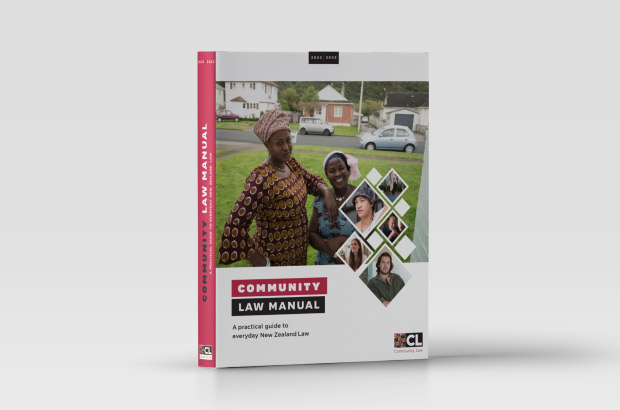Areas of life where discrimination is illegal
Government bodies, public services, and schools
Are the government and public bodies allowed to discriminate?
New Zealand Bill of Rights Act 1990, s 19 Human Rights Act 1993, ss 20J, 21A
Generally, no. The Bill of Rights Act is the main law preventing the government and public bodies (like state-owned enterprises, district health boards and schools) from discriminating against you when you’re dealing with them. Although the government and public bodies are also not allowed to discriminate against you on any of the illegal grounds specified in the Human Rights Act 1993 (see: “The illegal grounds of discrimination”).
The rules against discrimination in the Bill of Rights apply to public bodies in all their activities and conduct. This is different from the rules against discrimination by private bodies and individuals under the Human Rights Act 1993, which apply only in particular areas of life, such as employment, education, and access to goods and services.
Exceptions for government and other public bodies
New Zealand Bill of Rights Act 1990, s 19(2) Human Rights Act 1993, ss 20L, 66, 73
The Bill of Rights contains the following exceptions, which allow the government and public bodies to discriminate on the illegal grounds in certain cases, or to otherwise act in discriminatory ways:
- Reasonable and justifiable discrimination – The government and other public bodies can discriminate if the particular policy or practice that discriminates is reasonable and demonstrably justified in a free and democratic society. However, that exception doesn’t apply to:
- discrimination in employment
- sexual harassment, racial harassment and inciting racial disharmony
- victimising a person for exercising their rights under the Human Rights Act 1993 or under the Protected Disclosures Act 2000 (which protects whistle-blowers).
In these areas, both the government and private organisations, companies, and individuals aren’t allowed to discriminate against you.
- Affirmative action – The government and other public bodies can discriminate if the particular policy or practice is done in good faith to assist a group that has been disadvantaged by discrimination.


